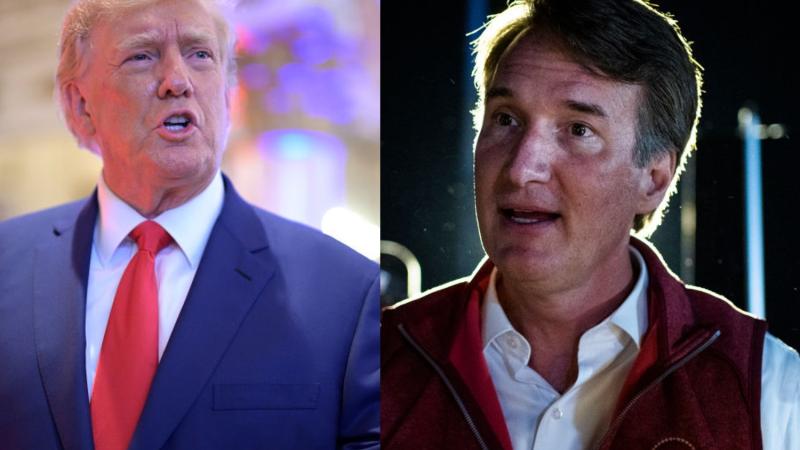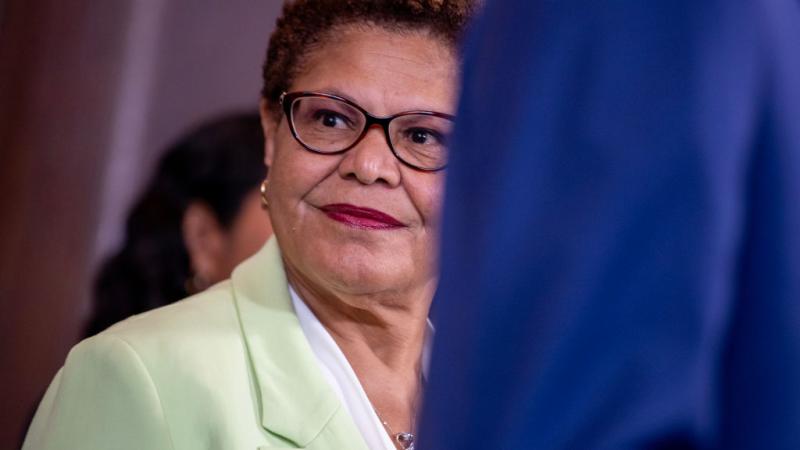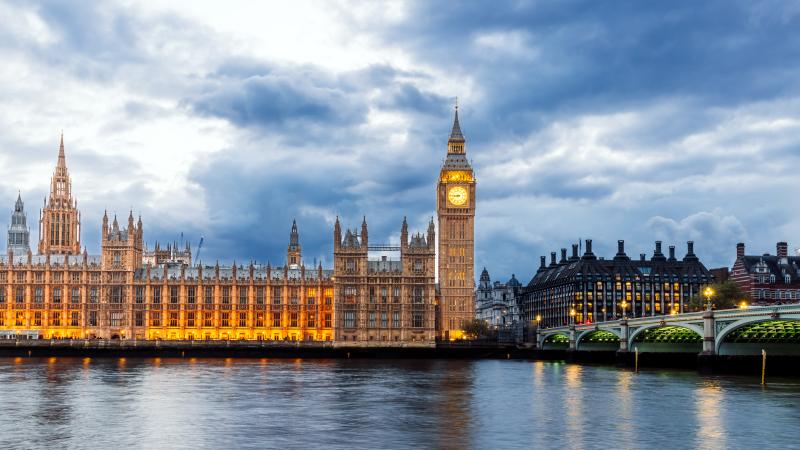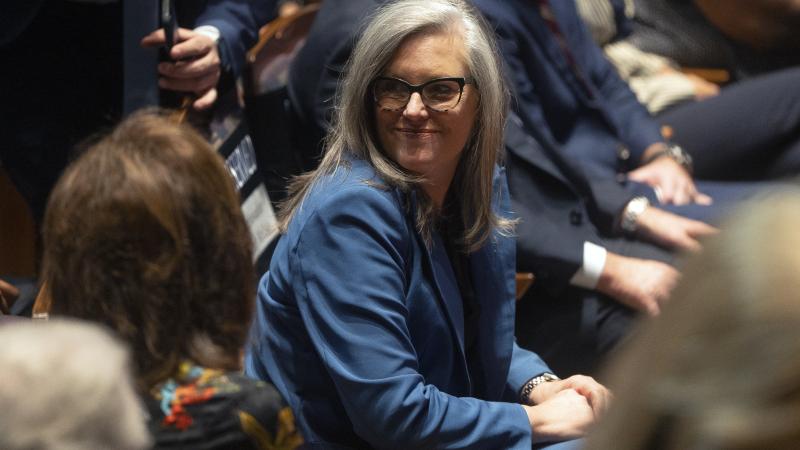Maryland House backs bill to allow contraceptives in school vending machines
Under the current law, anyone who offers contraceptives via a vending machine at a school would be fined $1,000 per violation.
(The Center Square) -
Maryland lawmakers are considering a bill to repeal a ban on contraceptive vending machines in schools, setting off a debate over youth health and parental rights.
The House of Delegates voted 89-41 this month to approve HB 380, a bill that changes a decades-old state law that made these types of sales in schools a misdemeanor offense.
Under the current law, anyone who offers contraceptives via a vending machine at a school would be fined $1,000 per violation.
Del. Nicole Williams, D-Prince George's County, introduced the bill to eliminate the $1,000 penalty and allow schools to install vending machines that dispense contraceptives on campuses from elementary to high schools.
If the ban is lifted, schools would be able to install contraceptive vending machines without legal penalties.
"It's not dictating what school systems should and shouldn't do," said Williams, defending the bill during a recent session. "It's just removing the criminal penalty. The sky is not going to fall if we pass this bill."
Williams and other supporters say the repeal of the criminal penalty would modernize an outdated statute and promote safe sex practice among students, noting the measure is focused on older students and easing access to protection, not encouraging sexual activity.
The bill synopsis states that HB 380 "repeals the misdemeanor prohibition against and associated penalty for selling or offering for sale a contraceptive or contraceptive device by means of a vending machine or other automatic device at a kindergarten, nursery school, elementary school, or secondary school."
Opponents argue the bill goes too far. Del. Kathy Szeliga, R-Baltimore County, has been a vocal critic, saying it would allow even the youngest students to encounter condom dispensers at school.
Szeliga and other Republicans proposed limiting the vending machines to high schools, but the House rejected the amendment.
Frustrated by the broad scope, Szeliga warned parents to "wake up," blasting HB 380 as the "Condoms for Kiddies" bill. "Your child's school could soon be a one-stop shop for birth control," she wrote on social media, accusing supporters of putting "ideology over common sense."
The bill now heads to the Maryland Senate, where it's referred to the Judicial Proceedings Committee for review. If passed without amendments, it will go to Gov. Wes Moore for approval. If the Senate makes changes, the bill will return to the House for a final vote.
If enacted, the change would take place on Oct. 1, 2025.











